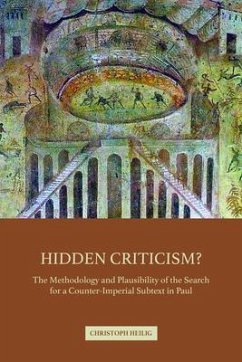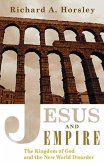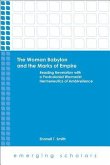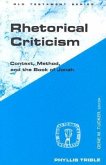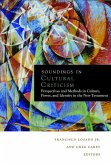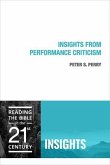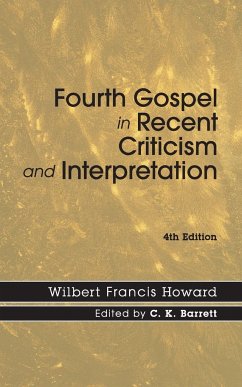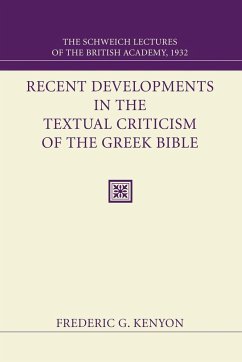Paul has been regarded as being uncritical of the Roman Empire for a long time, not least because of his apparent call to obey the state in Romans 13:17. However, recent scholarship has questioned this assumption by pointing to "hidden criticism" in the letters of the apostle. But how can we decide, in a methodologically sound way, whether such a counter-imperial message lies beneath the surface of the text? On the basis of insights from the philosophy of science, Christoph Heilig suggests several analytical steps for examining this paradigm. He concludes that the hypothesis that we can identify critical "echoes" of the Roman Empire in Pauls letters needs to be modified if it is to be maintained. In particular, the hypothesis of Pauls concern that any overt criticism would be dangerous and lead to subsequent persecution of himself or his congregations is dubious and does not sufficiently justify this interpretative approach. Nevertheless, Heilig concludes that the search for a counter-imperial subtext in Paul could turn out to be heuristically fruitful, so long as the limitations of the approach are heeded. Hence, a reevaluation of Pauline passages in light of Pauls engagement with ideas from his Roman environment is encouraged.
Hinweis: Dieser Artikel kann nur an eine deutsche Lieferadresse ausgeliefert werden.
Hinweis: Dieser Artikel kann nur an eine deutsche Lieferadresse ausgeliefert werden.

